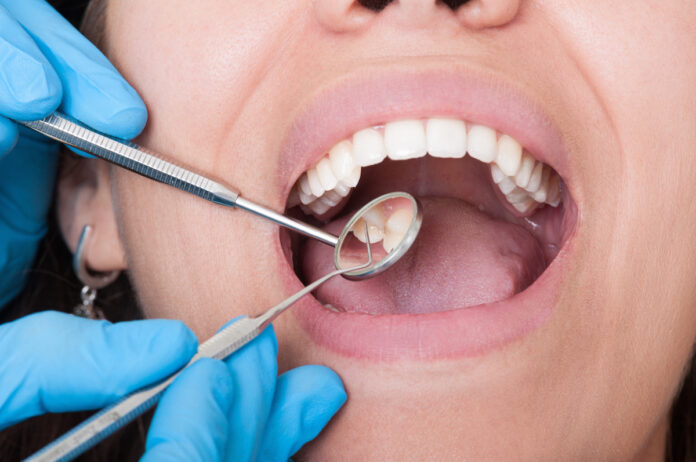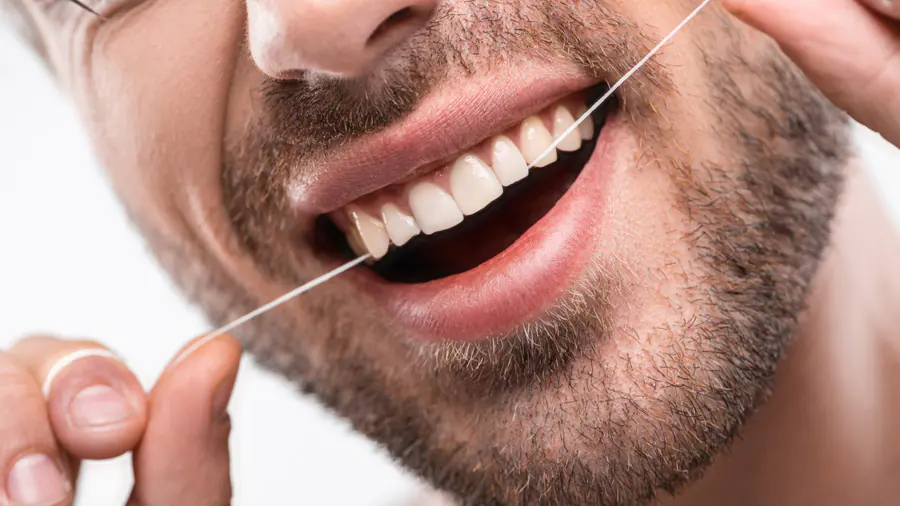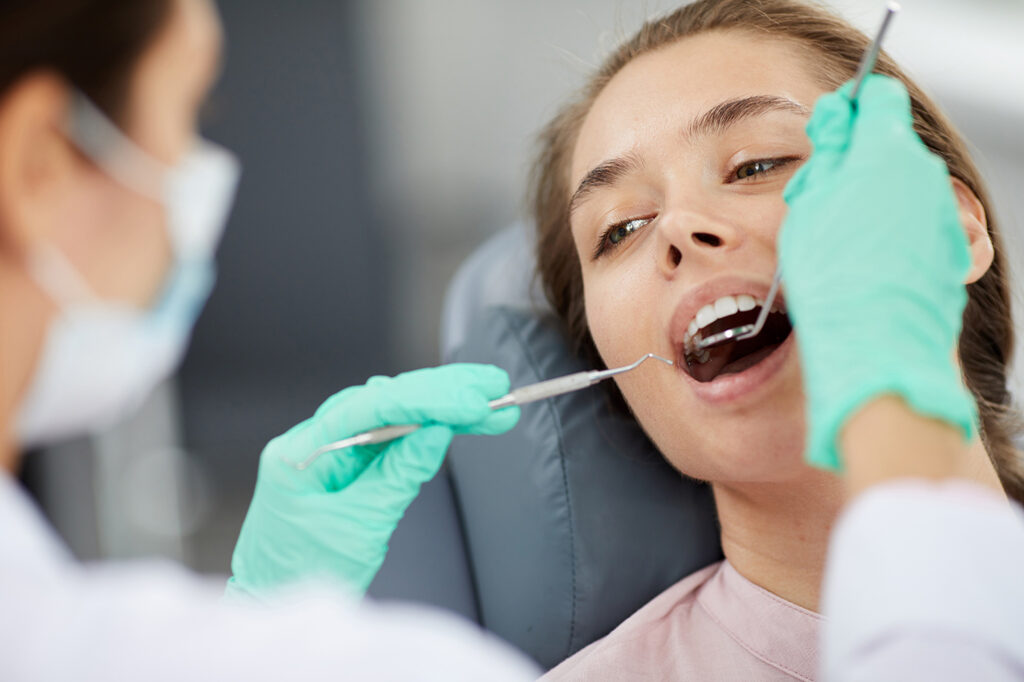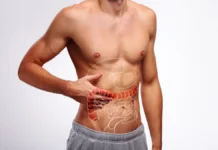
An effective oral hygiene routine can not only protect your teeth and smile but can have wide-reaching effects on your overall wellness: poor oral health has been consistently linked to an increased likelihood of developing a range of conditions, some of them serious, such as heart disease and stroke.
Keep reading to find out the best way to optimize your oral hygiene routine to promote better
overall health – and a beautiful smile, too!
The Brushing Basics
Start with the basics, and make sure your brushing routine is as good as it can be. Brush your teeth twice a day, for approximately two minutes each time, using an electric or manual toothbrush; ensure that you clean every surface of the teeth, and finish by giving your tongue a gentle brush, too, to remove any plaque or other debris.
Brushing is vital to remove the plaque that can eventually lead to tooth decay, and it gets rid of food particles, too, that, if left, can cause irritation, swelling, and gum problems. If you use a manual toothbrush, be sure to replace it every few months or if you notice any damage to the bristles. Similarly, the head of an electric toothbrush should be regularly replaced, too.
Floss and Interdental Brushes

Up-level your oral hygiene routine with the addition of floss and/or interdental brushing. Flossing can be a little tricky to get used to, but your dentist can help get you started and show you the right technique. Flossing is an effective way to keep teeth even cleaner and is a way to clean below the gum line and between the teeth, areas that are difficult for a toothbrush to reach. It’s not unusual for teeth to bleed the first few times that you floss; however if this continues to happen, consult your dentist, who can check your technique.
Similarly, interdental brushes come in a range of widths to enable you to get into all the nooks and crannies between and around your teeth. Many people keep a variety of different widths for the varying spaces between their teeth. Again, your dentist can give you a demonstration of how to incorporate interdental brushes into your routine and help you select the right size of brushes.
Mouthwash
You may also wish to consider incorporating the use of mouthwash into your oral hygiene routine. The benefits of mouthwash include the prevention of bad breath, decreasing the risk of cavities, and flushing bacteria and food debris from the mouth. Different mouthwashes will deliver varying benefits, so choose the one that meets your needs.
In general, mouthwash is used after the teeth have been brushed. A specified amount is swilled around your mouth (not swallowed) and then spat out. Some mouthwashes can only be used from a certain age and upwards, so check this carefully if you’re buying for your family.
Consider Getting Braces
If your teeth are misaligned, then getting braces could have a positive effect both on your confidence and on your oral health. Misalignment can cause problems with chewing or place excess pressure on the surfaces of the teeth. Crowded teeth can also be more difficult to properly clean, due to their proximity to each other, meaning that there can be an increased risk of tooth decay and gum disease. Misaligned teeth can cause us to feel self-conscious about our appearance and affect our sense of self-esteem.
Now is the perfect time to consider getting braces fitted, as there are so many innovative treatment options available, including invisible aligners and at-home treatments, like here, which enable users to have dental scans taken in the comfort of their own homes; there’s also the regular orthodontic provision, which you can often access via your dental practice.
Optimize Your Diet

Your diet plays a fundamental role in your overall wellness, and this includes the health of your mouth. Sugary food can cause plaque to develop, which can result in a range of problems for your teeth and gums. Reduce refined sugar from your diet as much as possible to protect your smile and your general health. This can seem difficult, but a few simple switches can make a big difference: swap out midmorning biscuits for a couple of oatcakes with a cream cheese topping or a homemade trail mix; replace the spoonful of sugar you regularly add to your cereal with a handful of chopped fruit or a sprinkling of cinnamon and opt for sugar-free yogurt to finish off dinner instead of a sugar-loaded slice of cake.
Alcohol can also cause serious issues for mouth health, especially if not consumed in moderation. Regularly drinking beyond the recommended guidelines can increase your risk of mouth cancer, so it’s important to stick to the limits.
Cut Out Cigarettes
If you smoke, quitting the habit as soon as possible is the very best thing you can do for your health. As well as being responsible for the development of a range of other diseases and conditions, cigarettes increase your risk of mouth cancer and can contribute to tooth decay, gum disease, and bad breath. Smoking also often causes staining to the teeth: the visible brown or yellow patches that can result are down to the nicotine and tar in the tobacco. The gums of smokers are more likely to become infected, too; the deficiency of oxygen in the bloodstream of a smoker (compared to a non-smoker) means that these infections, when present, often aren’t able to heal fully.
If you’re struggling to kick the habit, talk to your doctor or healthcare professional, who can help you make a plan to quit and support you throughout the process.
Visit Your Dentist

Although it’s not on most people’s ‘favorite things to do’ list, seeing your dentist regularly is one of the key elements of achieving and maintaining great oral health.
Your dentist can give you valuable information on how to brush and floss effectively, for example, and tips on diet and lifestyle to promote good mouth health, too. At check-ups, they have the opportunity to spot any developing problems early and take the treatment steps necessary to get things back on track.
Dentists are also trained to spot the early signs of mouth cancer, and they’ll be looking for this, too, at your appointments, another reason that attending the clinic regularly is so important. Start seeing your local orthodontist that can properly take care of your dental health and needs.
Maintaining a Healthy Smile
Use the guide above to optimize your oral health routine – just a few simple changes can have a significant impact on your overall wellness so that you’ll be smiling beautifully on the inside as well as the outside!








